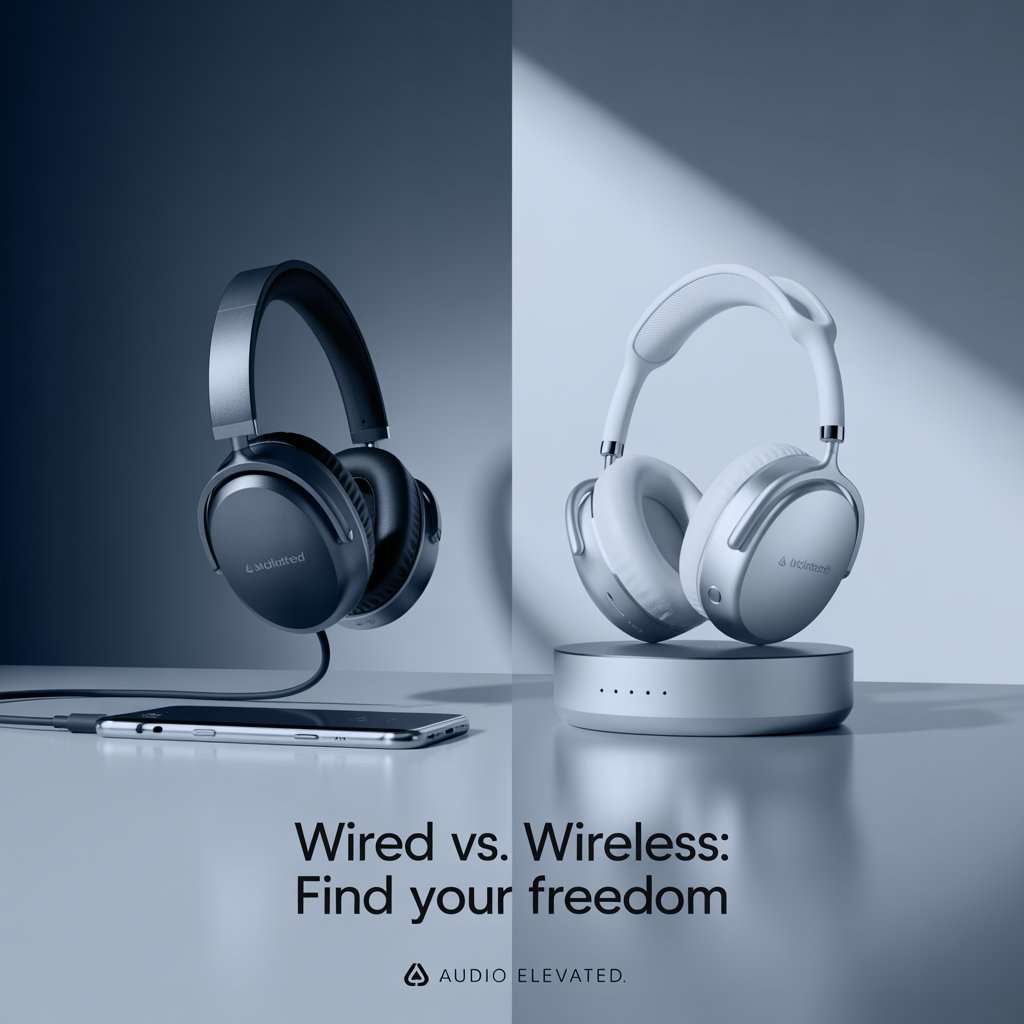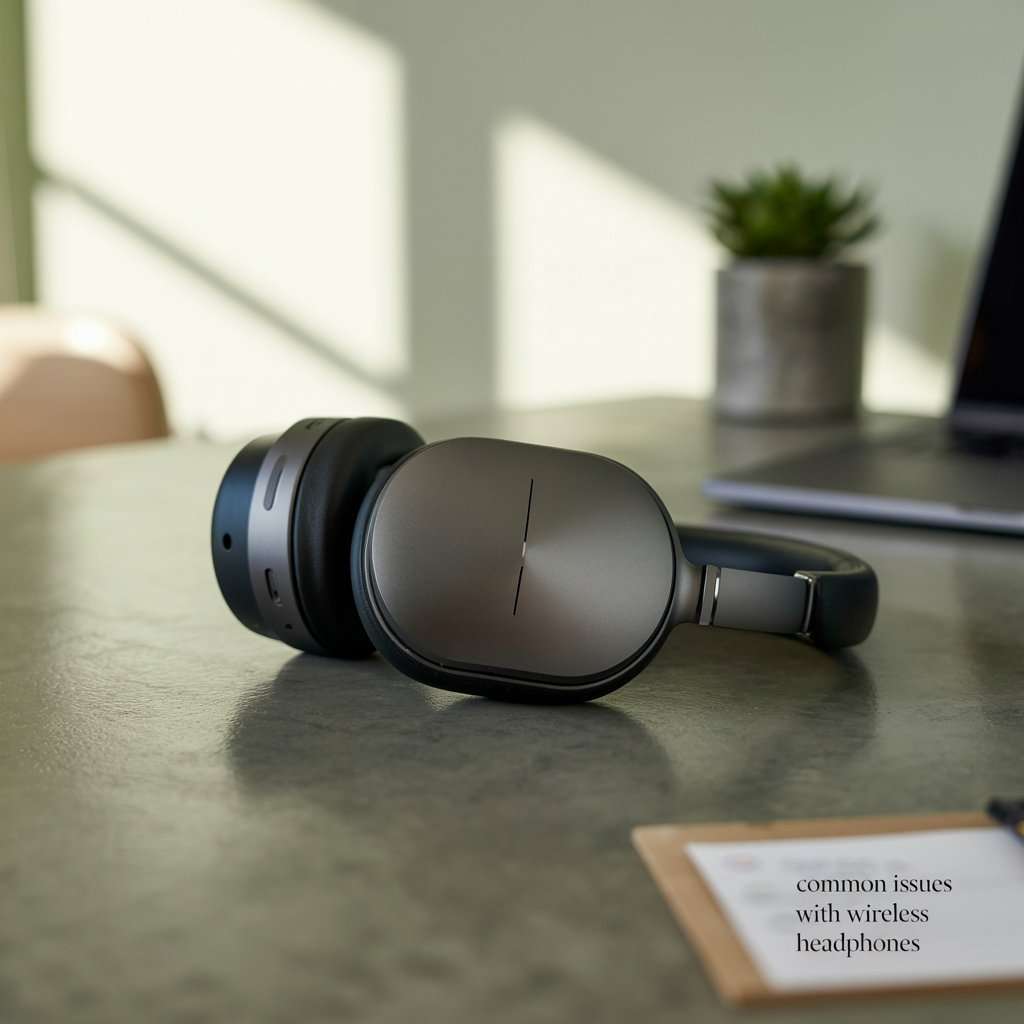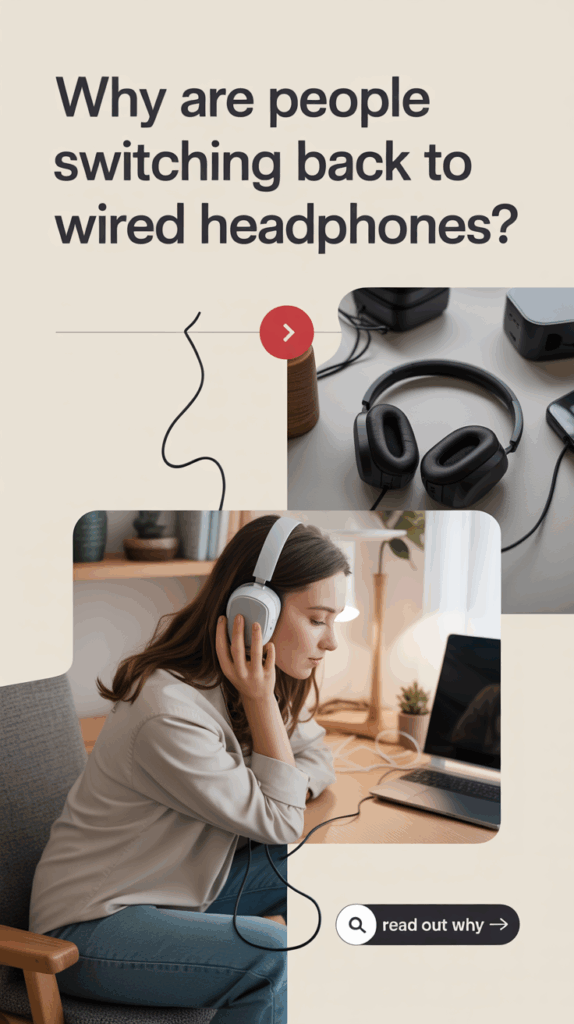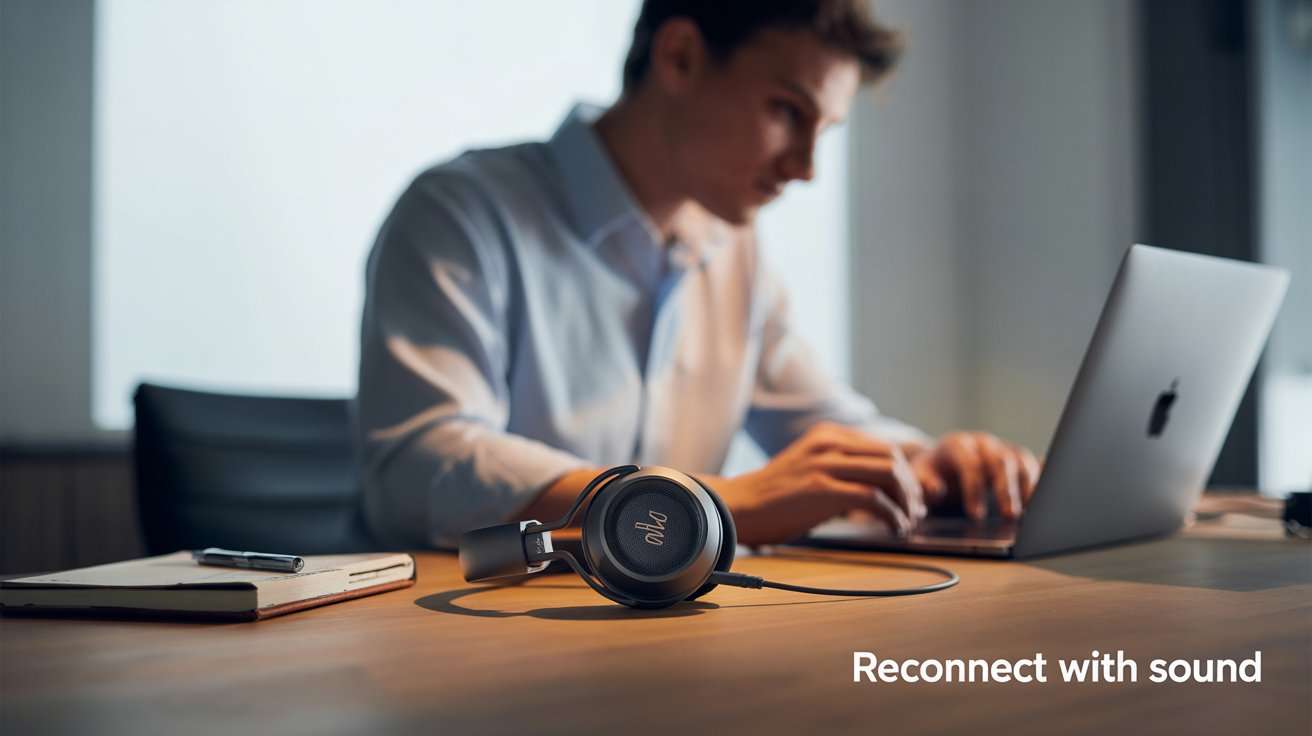In a world obsessed with the latest wireless tech, a surprising trend is making waves: people are switching back to wired headphones. Social media platforms like Pinterest are filled with aesthetic shots of classic white earbuds, and credible tech sites are buzzing with discussions about this unexpected comeback.
But what’s driving this return to the wire? Let’s dive deep into the reasons, the benefits, and why this trend is more than just nostalgia.
The Wired Headphones Revival: More Than Nostalgia

1. Superior Sound Quality
One of the main reasons people are gravitating back to wired headphones is the sound quality. Wired headphones transmit audio through an analog signal, which can carry higher bit rates than Bluetooth.
This means the sound is richer, more detailed, and free from the compression that often plagues wireless audio. For audiophiles and casual listeners alike, the difference is noticeable music sounds fuller, vocals are clearer, and there’s less distortion, even at higher volumes.
2. No Charging Hassles
Wireless headphones, for all their convenience, come with one major drawback: batteries. They need to be charged regularly, and battery life can degrade over time.
Wired headphones, on the other hand, draw power directly from your device, meaning they’re always ready to use. You never have to worry about running out of battery mid-song or during an important call.
3. Reliability and Consistency
Bluetooth connectivity can be finicky. Users often experience connection dropouts, audio lag, or pairing issues, especially in crowded areas with many wireless signals. Wired headphones offer a stable, latency-free connection. Whether you’re gaming, watching movies, or making calls, you can count on consistent performance without interruptions.
4. Affordability and Value
Wired headphones are generally more affordable than their wireless counterparts. Without the extra cost of batteries, Bluetooth chips, and charging cases, manufacturers can focus on delivering better sound quality for less money. For budget-conscious consumers, this makes wired headphones an attractive option.
5. Durability and Sustainability
Wired headphones are often more durable because they lack complex internal components like batteries, which can degrade or fail.
They’re also easier to repair—if the cable breaks, it’s often replaceable. From an environmental perspective, wired headphones are more sustainable, as they don’t contribute to battery waste or require rare minerals for rechargeable cells.
6. Fashion and Cultural Trends
The resurgence of wired headphones is also tied to fashion and culture. On platforms like Pinterest and TikTok, influencers and everyday users are embracing the “vintage” look of wired headphones.
This trend is reminiscent of the Y2K aesthetic and a broader nostalgia for simpler technology. For Gen Z and millennials, wired headphones are a statement—an intentional choice to stand out in a sea of wireless buds.
Wired vs. Wireless Headphones: A Quick Comparison

| Feature | Wired Headphones | Wireless Headphones |
|---|---|---|
| Sound Quality | Superior, uncompressed | Good, but often compressed |
| Battery Life | No charging needed | Needs regular charging |
| Reliability | Stable, no dropouts | Can experience connectivity issues |
| Price | More affordable | Usually more expensive |
| Portability | Tethered, less freedom | More freedom, no wires |
| Durability | Fewer components, often longer life | Batteries degrade over time |
| Fashion Appeal | Vintage, “indie” aesthetic | Modern, minimalist |
Common Issues with Wireless Headphones

Understanding why people are switching back also means looking at the frustrations with wireless options:
- Connectivity Problems: Frequent dropouts, pairing issues, and interference are common complaints.
- Battery Drain: Wireless earbuds often run out of battery quickly, especially with heavy use.
- Audio Quality: Many wireless models compress audio, leading to lower sound fidelity.
- Physical Discomfort: Some users find wireless earbuds uncomfortable for long periods.
- Complex Controls: Touch controls can be unresponsive or confusing.
- Charging Issues: Problems with charging cases or inconsistent charging are frequent.
Frequently Asked Questions
Are wired headphones really better for sound quality?
Yes, wired headphones generally provide superior sound quality because they transmit uncompressed audio directly from the source, avoiding the compression and potential interference of Bluetooth.
Do wired headphones last longer than wireless?
Typically, yes. Wired headphones don’t rely on batteries, which degrade over time. They also have fewer parts that can fail, making them more durable with proper care.
Are there any disadvantages to wired headphones?
The main drawbacks are the physical cable, which can restrict movement, and compatibility issues with newer smartphones that lack headphone jacks. However, adapters are widely available.
Why are wired headphones considered more sustainable?
Wired headphones don’t use rechargeable batteries, which require rare minerals and can be environmentally harmful when disposed of. They’re also easier to repair, reducing electronic waste.
Is the switch to wired headphones just a trend?
While fashion and nostalgia play a role, many users cite practical reasons—sound quality, reliability, and convenience—as their main motivations. The trend is supported by both cultural and functional factors.
Conclusion
The comeback of wired headphones is more than a fleeting fad. It’s a response to the real-life frustrations of wireless tech, a celebration of superior sound, and a nod to nostalgia and sustainability.
Whether you’re an audiophile, a student tired of charging your earbuds, or simply looking for a reliable and affordable way to enjoy your music, wired headphones offer a compelling alternative. As technology cycles and trends evolve, sometimes the best solution is the simplest—just plug in and press play.

